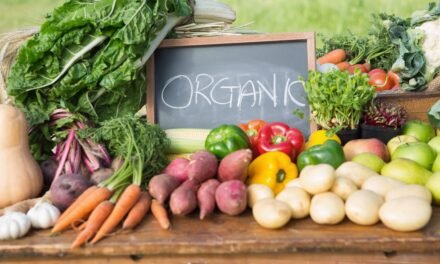The agricultural industry produces a wide variety of beverages derived from raw agricultural products, including fruits, grains, and plants. Here are the main types of beverages produced:
1. Fruit Juices
- Description: Beverages are made by extracting juice from fruits such as oranges, apples, grapes, berries, and tropical fruits like mangoes and pineapples.
- Examples: Orange juice, apple juice, grape juice, pineapple juice.
2. Vegetable Juices
- Description: Beverages made by extracting juice from vegetables, often used as health drinks or in combination with fruit juices.
- Examples: Carrot juice, tomato juice, beetroot juice, and green vegetable juices (like kale or spinach blends).
3. Soft Drinks (Sodas)
- Description: Carbonated beverages typically contain water, sweeteners, flavorings, and carbonation. These drinks can be fruit-flavored, cola-flavored, or other varieties.
- Examples: Cola, lemon-lime sodas, root beer, ginger ale.
4. Coffee and Tea
- Description: Beverages made from plants like coffee beans or tea leaves. Coffee is made by brewing roasted coffee beans, while tea is made by steeping dried leaves of the Camellia sinensis plant.
- Examples: Coffee, black tea, green tea, herbal teas (chamomile, mint, etc.).
5. Dairy Beverages
- Description: Beverages made from milk or dairy products, including fermented varieties. These drinks are often fortified with additional nutrients.
- Examples: Milk, chocolate milk, yogurt drinks (like kefir or lassi), and flavored milk.
6. Alcoholic Beverages
- Description: Beverages that are fermented or distilled from agricultural products such as grains, fruits, and vegetables. Alcoholic beverages are produced through processes like fermentation or distillation.
- Examples:
- Beer (from barley, wheat, or other grains)
- Wine (from grapes or other fruits)
- Cider (from apples or pears)
- Spirits (such as vodka, whiskey, rum, and gin, typically made from grains, potatoes, or fruits).
7. Plant-Based Beverages
- Description: Non-dairy beverages made from plants, often used as milk substitutes or health drinks.
- Examples: Almond milk, soy milk, oat milk, coconut water, and rice milk.
8. Sports and Energy Drinks
- Description: Beverages formulated to hydrate and replenish electrolytes, often containing added sugars, caffeine, and vitamins. These are popular among athletes and active individuals.
- Examples: Gatorade, Powerade, energy drinks like Red Bull, and electrolyte-enhanced water.
9. Bottled Waters
- Description: Naturally sourced or purified water packaged for consumption. This category includes still, sparkling, and flavored waters.
- Examples: Mineral water, spring water, sparkling water, flavored water.
10. Functional Beverages
- Description: Beverages designed to provide health benefits beyond basic nutrition, often containing added vitamins, minerals, probiotics, or herbal extracts.
- Examples: Kombucha (fermented tea), probiotic drinks, vitamin-enhanced waters, and herbal tonics.
These beverages represent a broad spectrum of products produced by the agricultural industry, catering to various tastes, nutritional needs, and preferences across global markets.









